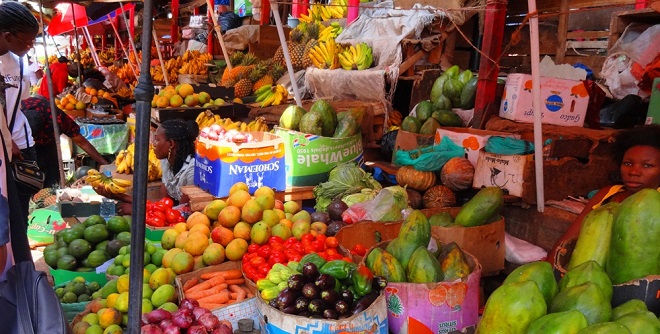
Kampala, Uganda | XINHUA | The global coronavirus outbreak is causing “unprecedented uncertainty” in the world’s food supply chains, according to a report released Thursday by the Rome-based United Nations Food and Agriculture Organization (FAO).
The “Agriculture Outlook 2020-2029” report, produced by FAO and the Paris-based Organization for Economic Cooperation and Development (OECD), said that the pandemic is sparking “bottlenecks in labor markets, input industries, agriculture production, food processing, transport, and logistics, as well as shifts in demand for food and food services.”
The report said the short-term impacts of the crisis include pushing what had been a generally positive trend in worldwide agricultural production and food consumption off track, and the long-term prognostications are even more dire.
The report “finds that over the next 10 years, supply growth is going to outpace demand growth, causing real prices of most commodities to remain at or below their current levels. Fluctuations in the driving factors of supply and demand could lead to strong price variations around this general path.”
Additionally, it said the worldwide economic slowdown caused by the coronavirus outbreak will have a negative effect on the disposable income of residents in poor countries, putting further downward pressure on prices and undermining food security.
“We need better policies, more innovation, increased investments, and greater inclusiveness to build dynamic, productive, and resilient agricultural and food sectors,” said FAO Director-General Qu Dongyu.
FAO is headed by Qu Dongyu, who had served as China’s Vice Minister of Agriculture and Rural Affairs.
Qu formally unveiled the report on Thursday, along with OECD Secretary-General Angel Gurria.
Deflationary trends in the agricultural sector are problematic because it makes it harder for the world’s farmers, especially those in poor countries, to make ends meet, especially if expenses remain stable or rise.
The report did say that expected increases in the world’s population will help increase demand for agricultural production.
******
XINHUA
 The Independent Uganda: You get the Truth we Pay the Price
The Independent Uganda: You get the Truth we Pay the Price


